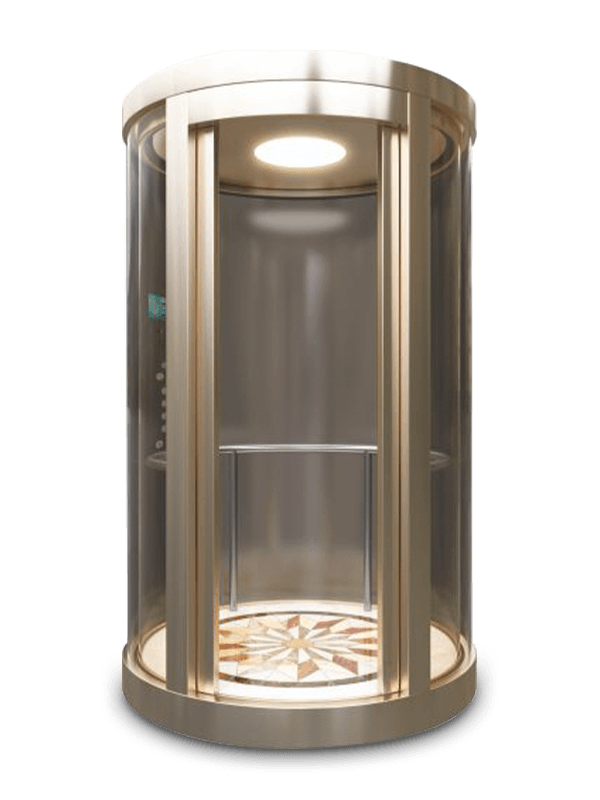Maintaining a household elevator is essential to ensure its safe and efficient operation. Regular maintenance can prevent potential issues and prolong the elevator's lifespan. Here are some maintenance tasks typically required for a household elevator:
Inspection and Lubrication: Regular inspections are necessary to check for any signs of wear and tear. Lubrication of moving parts, such as rails, pulleys, and mechanical components, should be performed to reduce friction and maintain smooth operation.
Cleaning and Tidying: Keeping the elevator clean and free from debris helps prevent malfunctions and ensures a pleasant ride experience for users.


Testing Safety Features: Regular testing of safety features like emergency stop buttons, door sensors, and interlocks is crucial to ensure they are functioning correctly and can be relied upon in case of emergencies.
Alignment and Calibration: Elevator components should be aligned and calibrated properly to maintain precise leveling and minimize issues with door closing/opening.
Checking Electrical Components: Electrical systems, such as control panels, wiring, and switches, need periodic inspection to identify any faulty or worn-out components.
Examining Door System: The door system is a critical part of elevator safety. Regularly checking and adjusting door closing speeds, sensors, and safety edges is necessary to prevent accidents.
Checking Hydraulic or Traction System: Depending on the type of elevator (hydraulic or traction), the hydraulic fluid or cables need inspection, maintenance, and replacement when required.
Elevator Car Maintenance: The elevator car should be checked for any damages, loose fittings, or signs of wear. Interior components, such as handrails, lighting, and mirrors, should be in good condition.
Checking Emergency Communication: Testing the emergency communication system, like intercoms or phones, is essential to ensure users can seek help if needed.
Maintaining the Machine Room: For elevators with a machine room, proper maintenance of the equipment inside is necessary, including motors, controllers, and backup power systems.
Scheduled Maintenance by Professionals: It is highly recommended to hire certified elevator technicians or maintenance professionals for periodic inspections and servicing as they have the expertise and knowledge to identify and address potential issues effectively.







 English
English عربى
عربى Deutsch
Deutsch Español
Español Français
Français русский
русский 日本語
日本語 简体中文
简体中文











